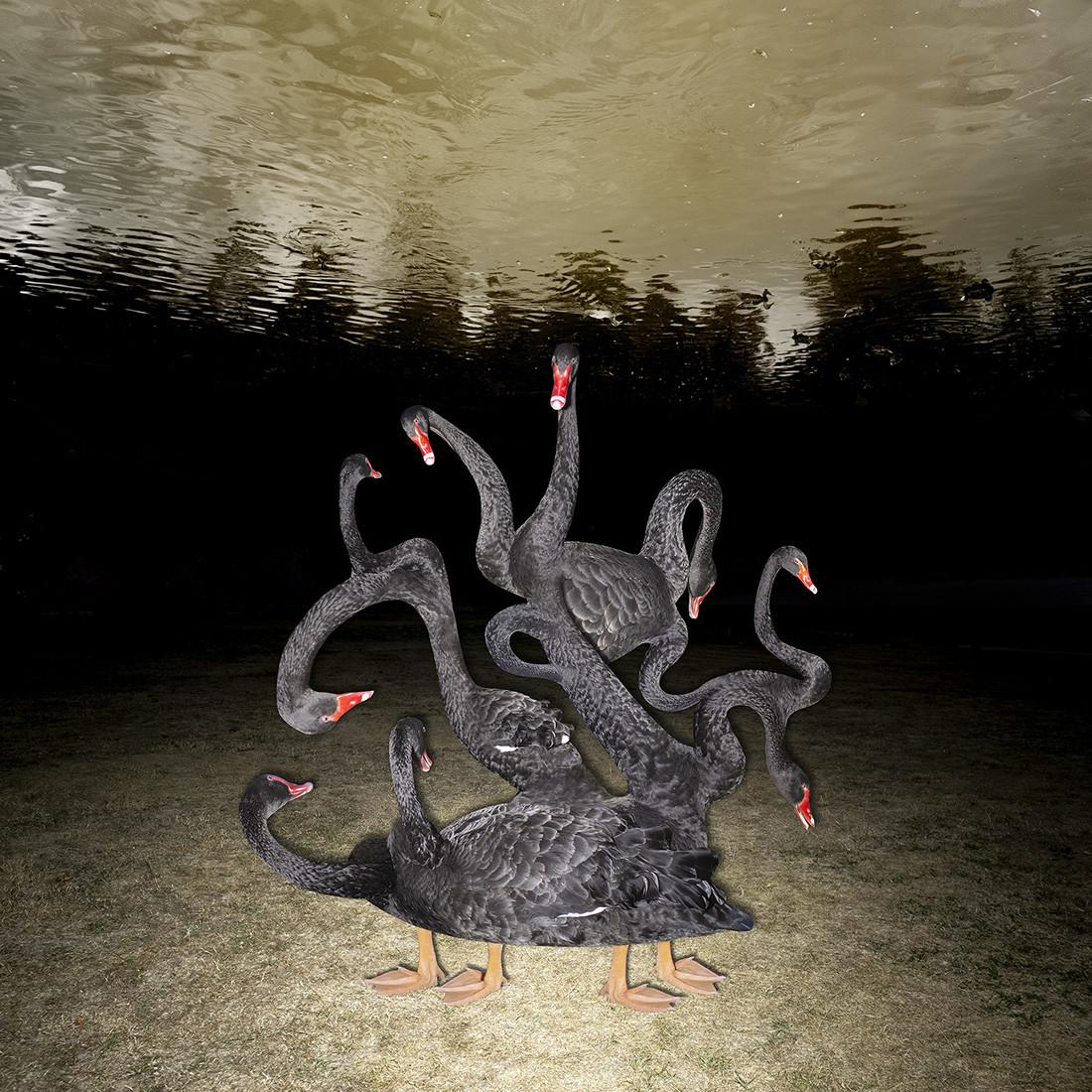The Centre d’art et de photographie de Lectoure, under the new direction of Lydie Marchi, is embarking on an exciting journey into the world of photography, with Robin Lopvet being the inaugural artist under her leadership. In a recent interview conducted by Jean-Jacques Ader, Marchi shared insights into her background and vision for the future of the art center.
Marchi’s journey into the realm of art began with a foundation in art history, which she further cultivated during her time at the Maeght Foundation. However, it was her involvement in co-founding a contemporary drawing salon in Marseille that provided her with a unique blend of experiences, balancing the glitz of the art world with hands-on community projects in the northern districts of Castellane.
Transitioning from Marseille to the rural setting of Lectoure presented Marchi with a new set of challenges and opportunities. She described Lectoure as a small village with only 141 inhabitants but boasting an impressive 800m2 art center. Despite its rural setting, Lectoure is not without its connections to the wider world, with notable neighbors like Georges Lucas and Brad Pitt operating vineyards nearby.
Marchi’s decision to focus on photography in Lectoure was influenced by her experience with the Photographic Summer festival, which introduced her to the vibrant photography scene in the region. The upcoming exhibition, titled “Terra Nostra,” will explore the theme of hospitality, reflecting Marchi’s own warm welcome to Lectoure and the current political climate.
The interview also delved into Marchi’s artistic vision for the center, which aims to strike a balance between classic and contemporary photography. She emphasized the importance of diversity in the exhibitions, showcasing a wide range of photographic styles and techniques.
The current exhibition by Robin Lopvet, running until May 12th, 2024, serves as a fitting introduction to Marchi’s tenure at the art center. Lopvet’s images, characterized by their humor and social commentary, offer a refreshing perspective amidst the complexities of the present moment. Marchi expressed her intent to use exhibitions like Lopvet’s as a means of sparking dialogue and reflection within the community.
Overall, Marchi’s vision for the Centre d’art et de photographie de Lectoure is one of inclusivity, innovation, and engagement with both local and global audiences. As she navigates the challenges and opportunities of her new role, Marchi remains committed to ensuring that the art center continues to thrive as a hub of artistic exploration and expression in rural France.















































